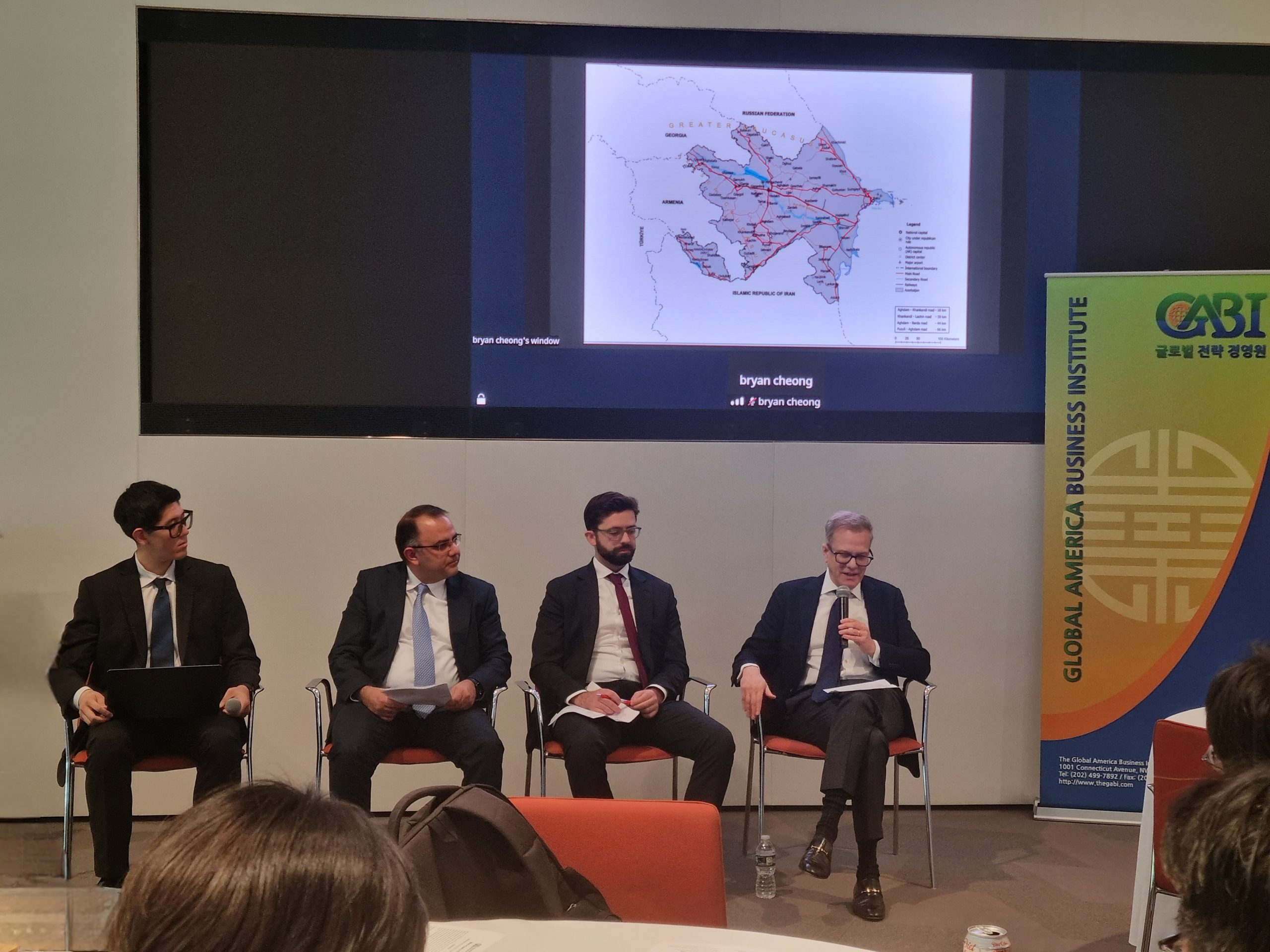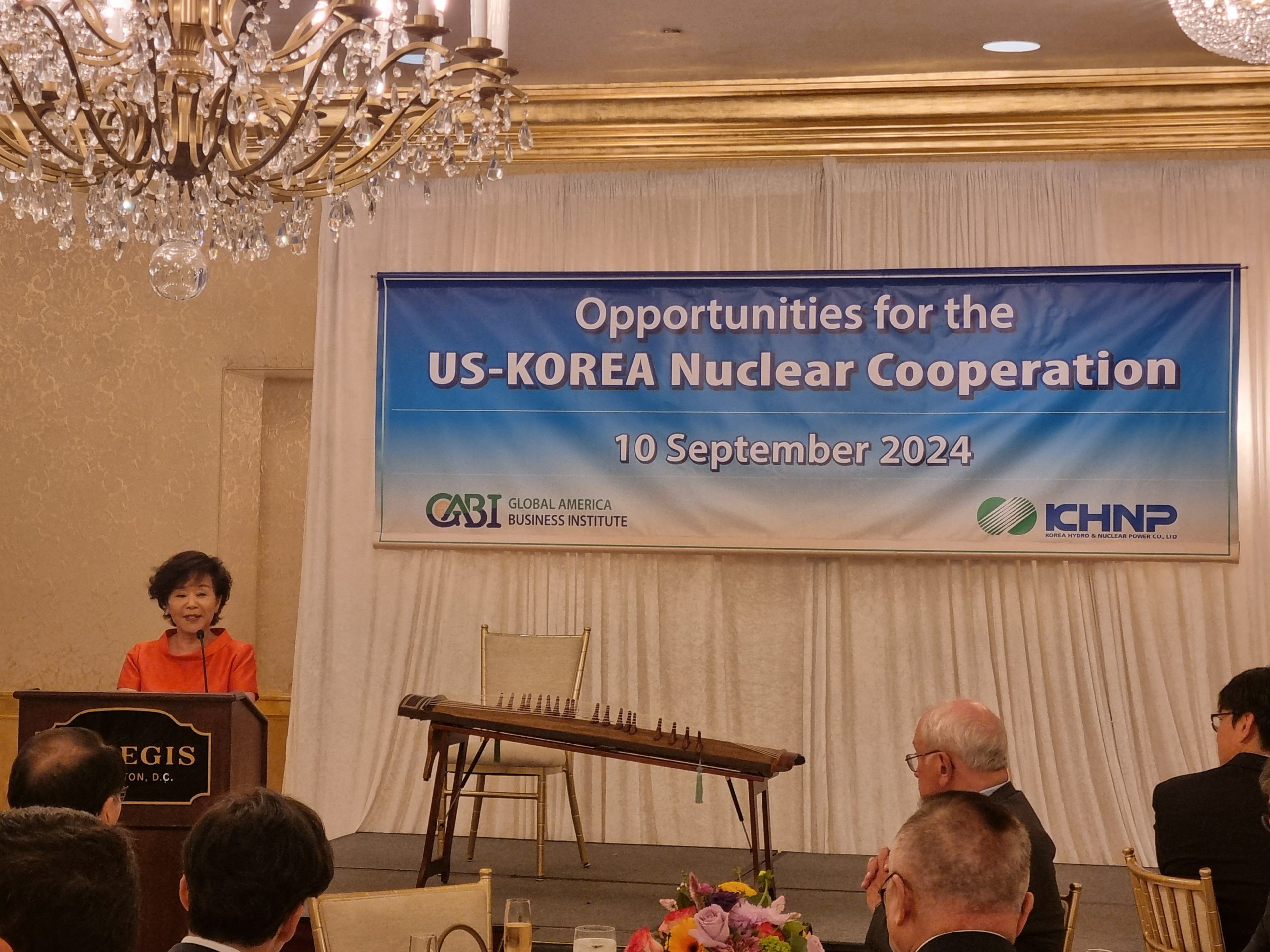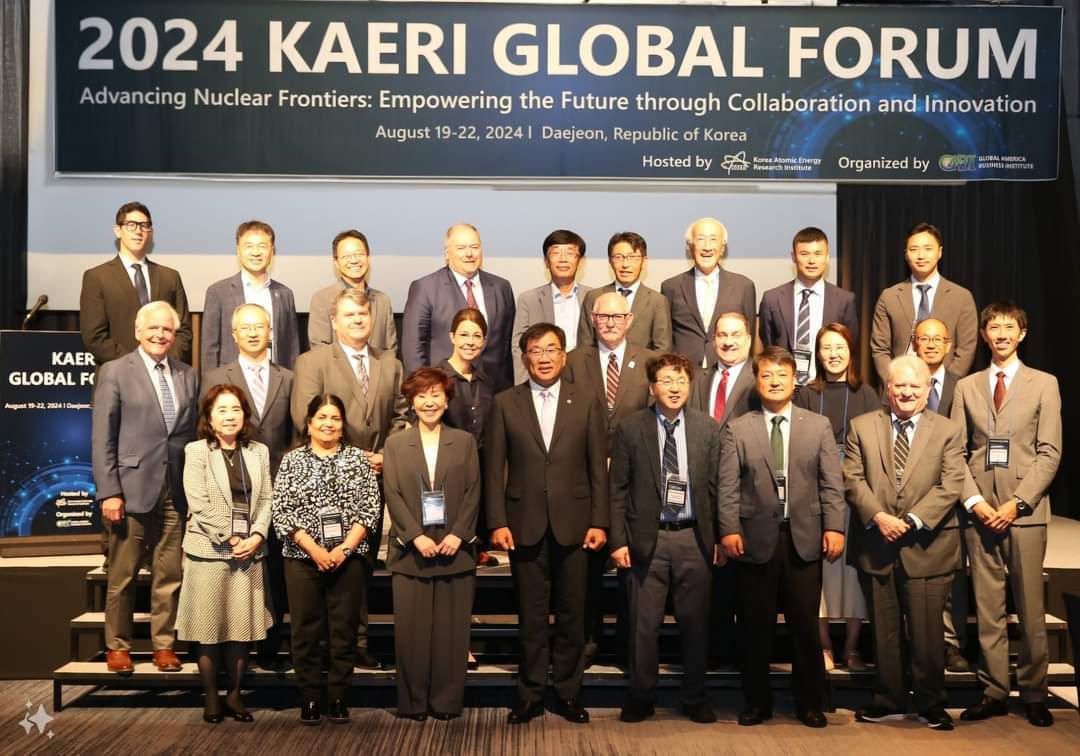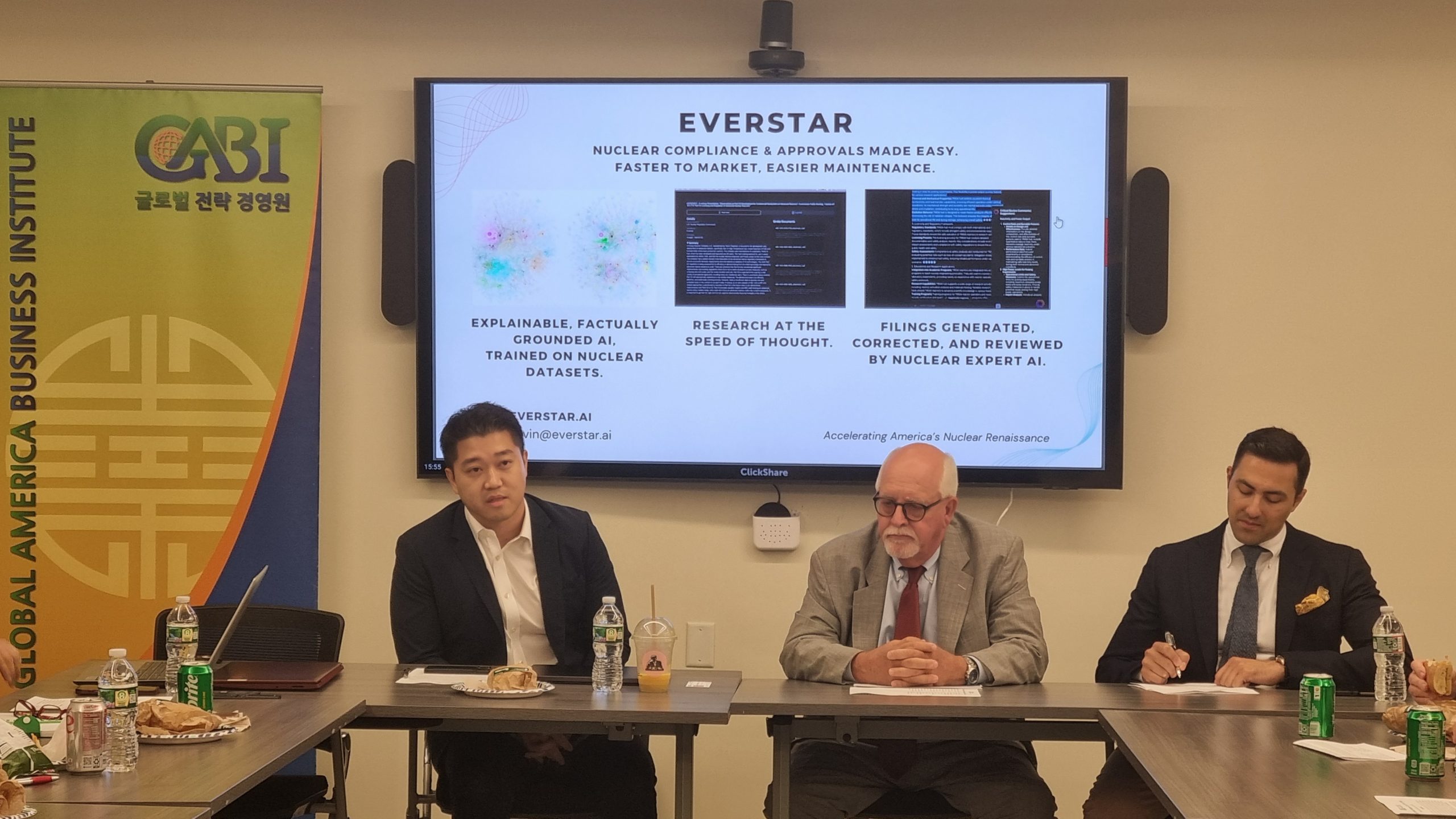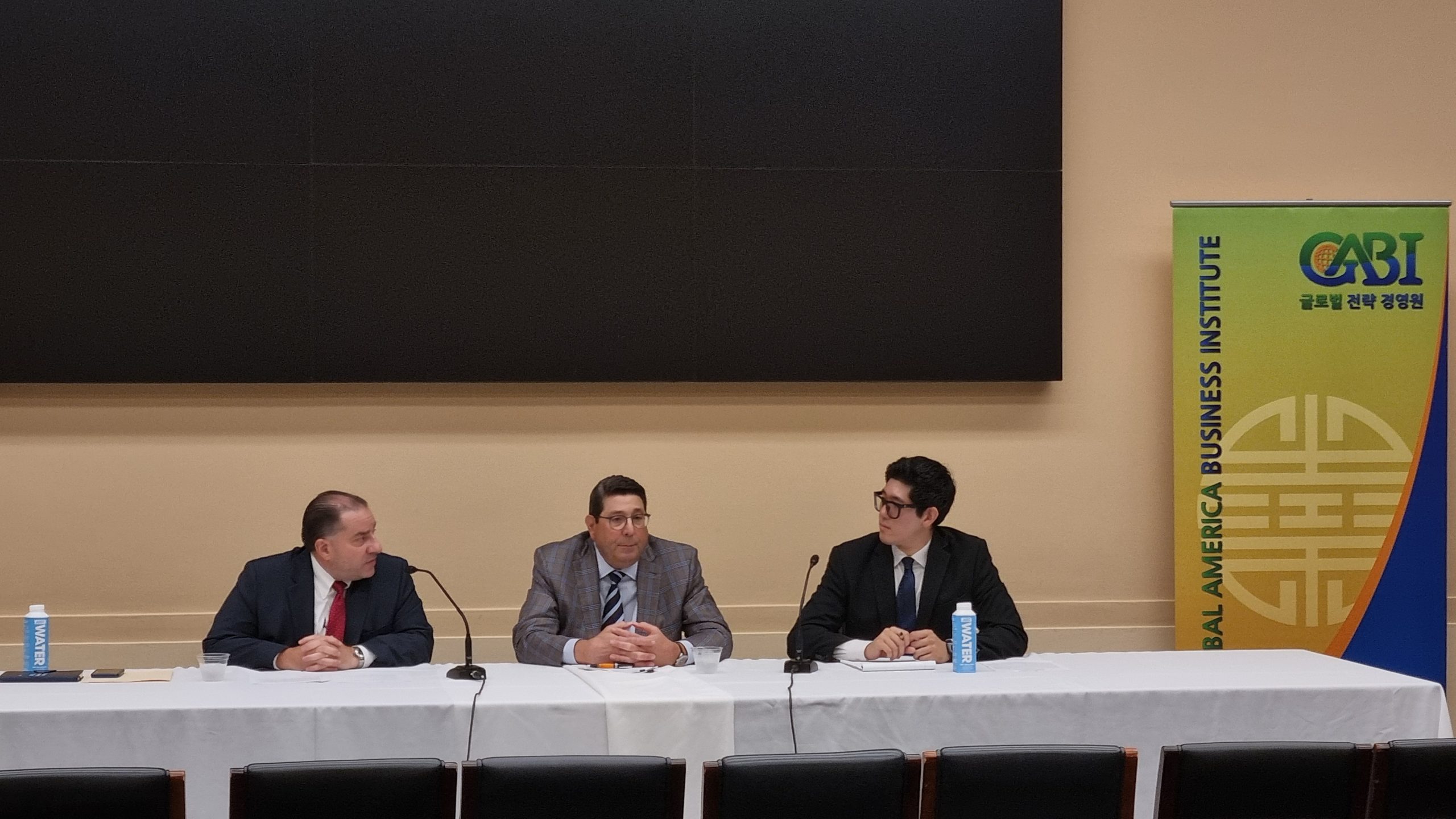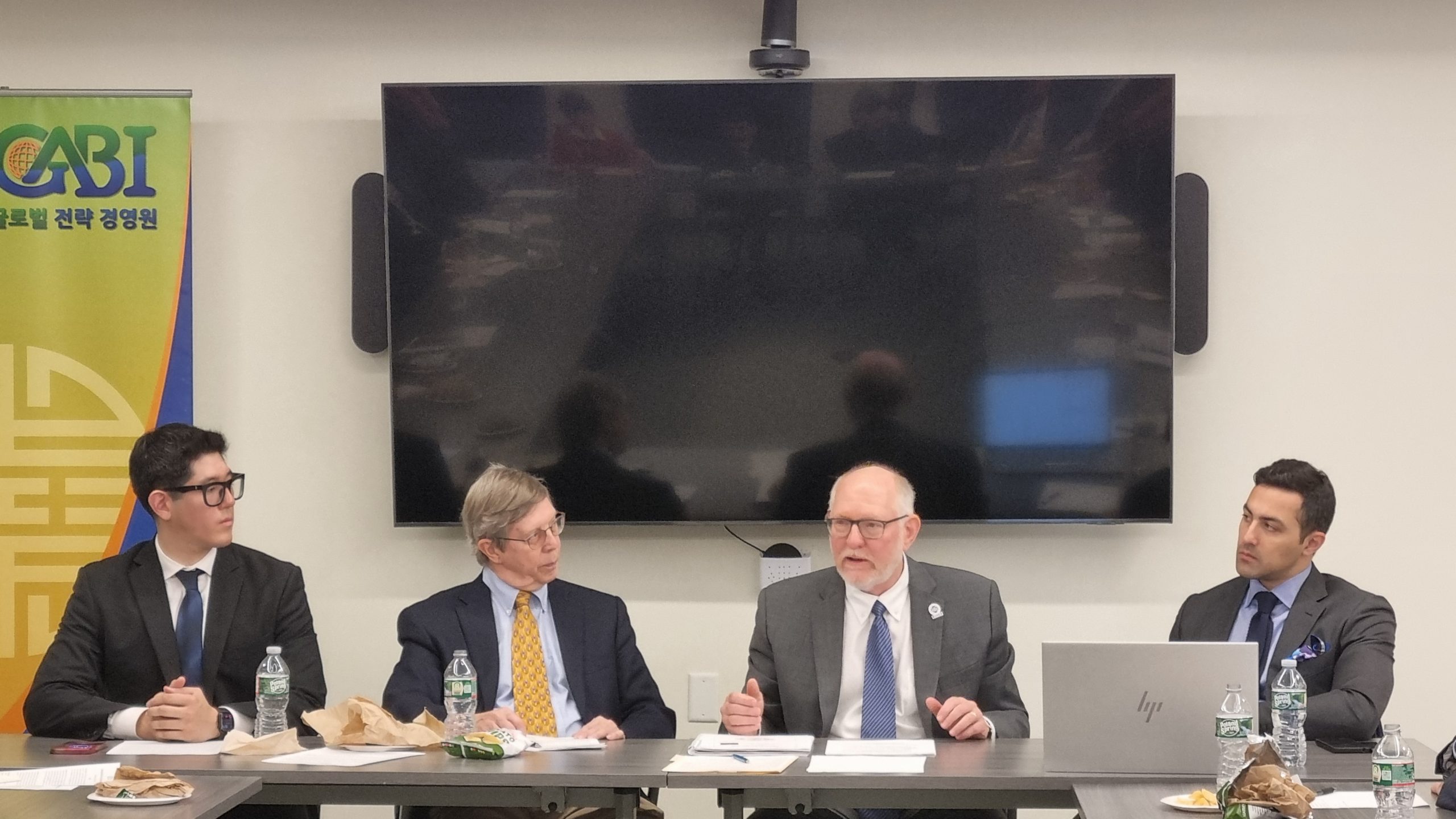The future growth and development of nuclear power will likely be dependent upon international public-private partnerships—while industry cannot take the lead in this sector, national governments in some regions are becoming incapable of financing nuclear projects by themselves. The current period in which nation states are increasingly strained by fiscal deficits, aging populations, and growing societal commitments—welfare and health programs, national defense, and infrastructure rebuilding—foreshadows the emergence of “Market States” (Philip Bobbitt). Market States look to enable and optimize opportunities and economic growth for their citizens and companies, rather than aiming to fund and provide programs and services. Under this current evolution from the “Westphalian state model” (1640-1990), the deployment of nuclear plants and other energy asset developments will be undergirded not only by state-industry ties, but also via global collaboration. Three commercial nuclear strategies for Market States have emerged: Rollback, Restructuring, and Renaissance. At present, the “Nuclear Renaissance” is being led by so-called “Mercantile” Market States, chiefly in Asia, where relatively less political pluralism fosters stronger and longer-term commitments to nuclear power. In North America, growth of nuclear power is challenged by the existence of intervening interests and since 2009, the prevalence of abundant, low cost shale gas. However, the USA, as a “P5” “Entrepreneurial” Market State (one of the Permanent UN Security Council members, as with UK, France, China, and Russia), is unlikely to engage in a nuclear “rollback” strategy (akin to Germany or Italy, which are “Managerial” Market States) given its significant nuclear military and commercial assets. The USA leads the world in operation of nuclear plants with 104 reactors, but construction of new units is being led by Asian Market States. For the US to fully join the nuclear renaissance and maintain its leadership and influence in the global nuclear market, developing relationships and strengthening alliances with countries such as Japan and South Korea will be critical, particularly in the areas of investment, technology refinement, and deployment.
National Sovereignty and Nuclear Strategy—Renaissance, Rollback, or Restructuring?
National Sovereignty and Nuclear Strategy—Renaissance, Rollback, or Restructuring?
February 07, 2013
By admin|2018-01-30T11:11:28-05:00February 7th, 2013|Categories: Nuclear Energy, Nuclear Energy Workshops|0 Comments











